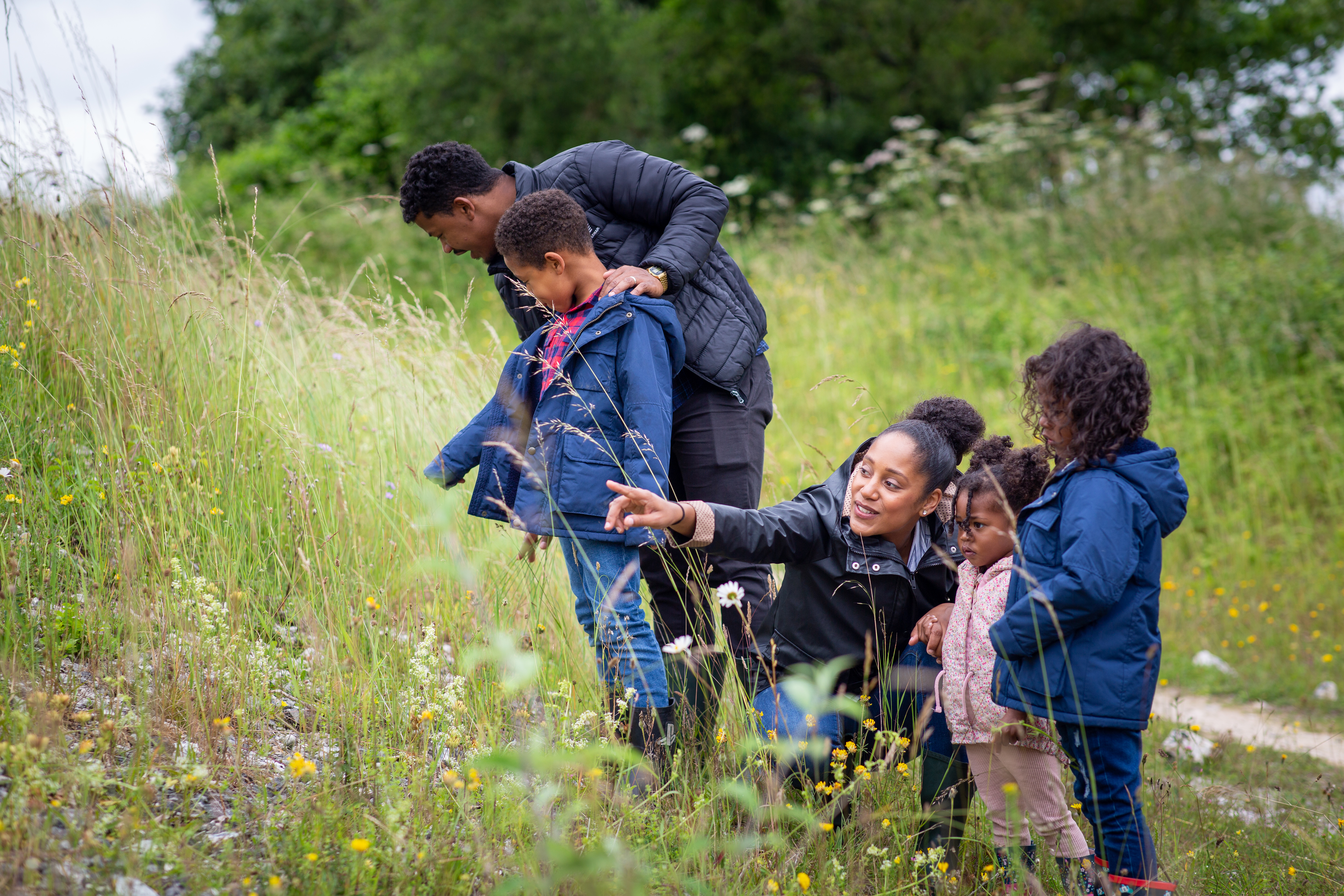The field of conservation is not yet fully representative of society, and it has largely been dominated by white faces and spaces. This can be discouraging for many people of colour, as without representation and role models, it’s harder to feel like you belong. However, across the UK there is a range of conservation groups and networks that can help black people connect with nature and explore this field further and we have compiled a short list that we hope will help.
Black2Nature, is a group set up by Mya-Rose Craig. Otherwise known as ‘Bird Girl’, Mya established this group aged just 14 to advocate for visible minority ethnic communities the right to access nature. They also hold different activities and opportunities as well as advocating for racial diversity in nature-focused conferences and campaigns.
Black2Nature has worked to secure funding in the Bristol areas for Camps for Inner-City Young People, giving them the opportunity to connect with nature.
Race for Nature: This fantastic programme supports young people from diverse backgrounds by providing opportunities to get into environmental organisations in paid roles across the UK. All host organisations pay a real living wage to tackle exclusion head on. The first cycle of this scheme was filled in March 2022, and they are looking to secure funding for a second cycle – so watch this space!
Black Environment Network (BEN) works with white, black, and other groups from ethnic minority backgrounds to promote wider environmental participation.
BEN also raises awareness of and stresses the importance of including people of ethnic minority backgrounds in the environmental space. This raises visibility, awareness of their accomplishments, and their many contributions such as working to influence policies.
Previously, BEN has won awards such as the UK-MAP Urban Wildlife Award for Excellence for their pioneering work in promoting environmental participation across the UK for people of ethnic minority backgrounds.
Wildlife and Countryside Link is a coalition of 65 different environmental and wildlife organisations across England. Their Peer Support Network for People of Colour is not limited to those working in one of the organisations they work with (such as Butterfly Conservation) but can include people beyond these organisations.
This cross-organisational approach could be ideal if other organisations are not yet offering this as it facilitates connection and support for people of colour as this industry moves more and more towards positive action in their own organisations.


